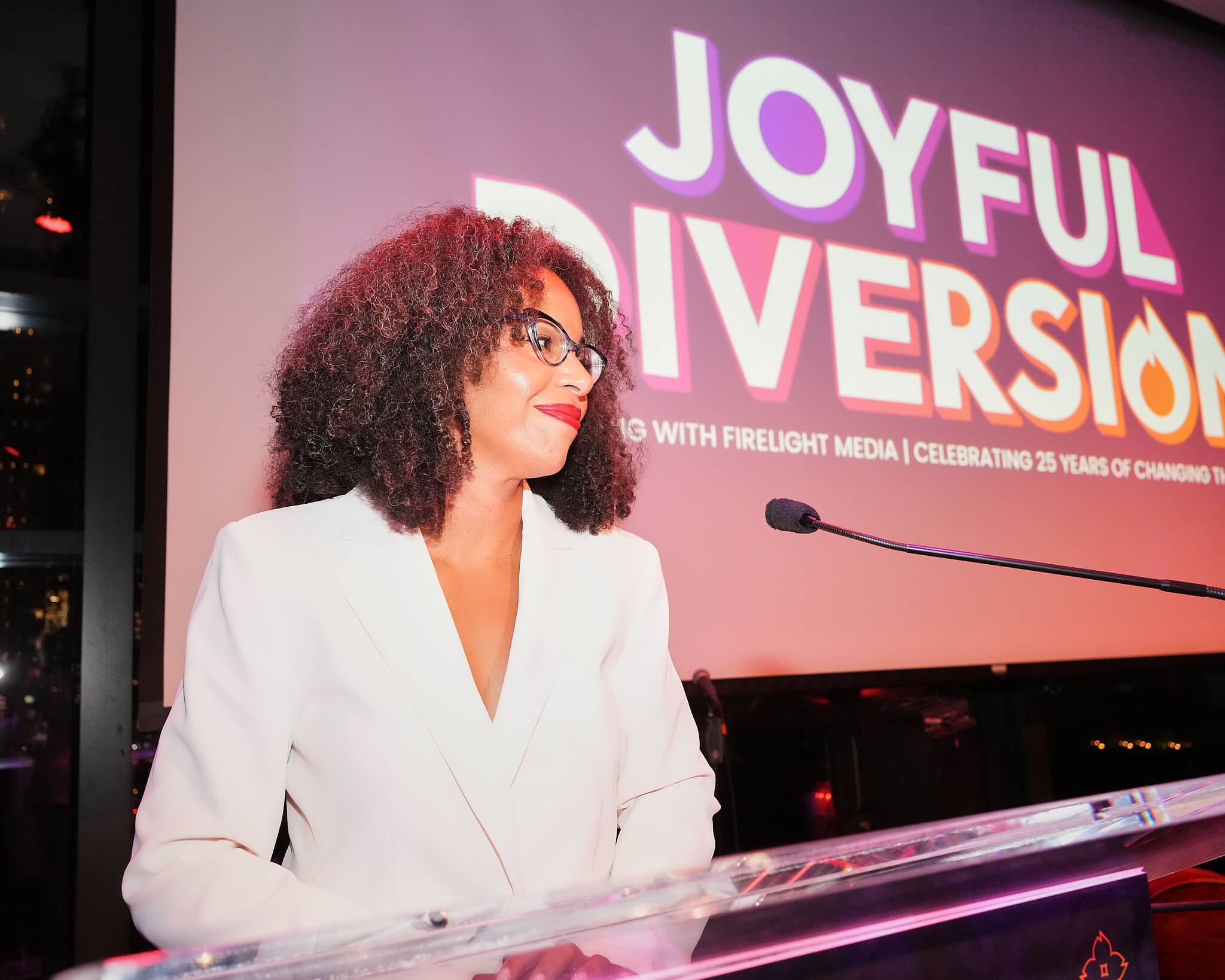Documentaries Don’t Change the World
She stood at the microphone in beaming spotlight, a Guatemalan teenager facing a sea of silhouettes representing influential organizations — the United Nations, Amnesty International, the Ford Foundation, the Knight Foundation, PBS, Netflix and 300+ others.
Her voice filled the hall, highlighting how a documentary film told her personal story. At this pitch forum of eight films (Good Pitch Miami), at least two echoed her story — one about the country she fled from and another about the country she fled to.
I was seated at the back of the stage (waiting to pitch a film about unaccompanied migrant children). As I watched her walk to her seat, imagining what she’d overcome, I questioned, “What meaningful impact could these films make in her life?” They take years to make and speak to abstract concepts of nation building and injustice — it feels ephemeral.
Can documentaries really “change the world”? No. Documentaries can challenge, investigate, reveal, inspire — but can’t change the world — only people can. A documentary does not absolve the personal responsibility of taking action. People change the world. (Paraphrasing Simon Kilmurry, Executive Director, Independent Documentary Association)
So who are these people? The cliché answer to “Who needs to see this?” is “Everyone!” Perhaps a few people watching on demand from their couch or eating buckets of popcorn in theaters will act. But traditional audience outreach differs from impact. Impact producer Erin Sorenson, wisely pointed out to our Firelight Media Impact Producer Fellowship cohort: outreach is getting as many people as possible to watch and impact is getting the right people to watch. So, at our retreat in Miami, during Good Pitch, I wondered ‘Who are the right people?’
Sonya Childress, Director of Partnerships and Engagement at Firelight Media, reflected on her 15 year career at the retreat. She started at filmmaker-centric organizations where the filmmaker’s goals were paramount. Her work shifted to providing organizations with narratives to strengthen their mission. But there was a missing stakeholder: the people who tell their stories on camera. They were considered experts in their experience but not the issue and impact work. They were considered last (if at all) in designing impact distribution campaigns. Things are evolving, so she brought together a panel of protagonists who shared their experiences.
Twiggy (Kiki), a performer in the LGBT ballroom scene and Senior Program Officer at The True Colors Fund, talked about being tired of his community’s stories being told by other people and about shaping his story in the edit room. Kiki premiered at Sundance and screened in 80+ countries.
Liz (Southwest of Salem: The Story of the San Antonio Four), wrongfully sentenced to 35 years in prison, recounted seeing her life unfold and being moved to tears the first time she saw the trailer. She prayed the film would make a difference. It helped exonerate her and her three friends and won a Peabody award.
Andrea (500 Years), a leading K’iche activist in Guatemala and independent journalist finishing law school, uses a film trilogy to organize her community. She’s also an impact producer on the project. In addition, the filmmakers, Pamela Yates and Paco de Onís, taught a master class at the retreat about their 30+ year careers. A highlight from Pamela was: “We often talk about who gets to tell the story, but not who gets to have (and utilize) the story.” When their film was banned in Guatemala, they worked with a bootlegger to get it to Mayan highland communities who could utilize it for organizing (like Andrea has done). Also, their footage was evidence in the trail that nailed the dictator of Guatemala for war crimes in those communities.
Listening to them, I thought of the slogan “Nothing About Us Without Us!” — that no policy should be decided without the direct participation of members of the group(s) affected, particularly groups often thought to be marginalized from political, social, and economic opportunities.
I recalled The Hobart Shakespeareans, about kids with socioeconomic barriers (that I identified with) and how a great teacher helped them succeed. It inspired me to become a teacher and work in education reform for years. It made me feel like my hopes, fears, voice, vote, and action matter — that I could change my world. “In the long course of history, having people who understand your thought is much greater security than another submarine.” (J. William Fulbright)
So, I believe that when filmmakers want to make a meaningful social impact they need to be in collaboration with the protagonist(s) and impacted stakeholders. I visualize these core change agents as tossing a pebble in a pond that all other impact audiences ripple out from in concentric circles:
- The center: Impacted Stakeholders — The protagonist(s) and those in solidarity with them.
- 1st ring: Allied Partners — People working on solving the issue(s) in the film. They can utilize the film to strengthen their mission (i.e. nonprofits, funders, etc.)
- 2nd ring: Influencers — People who can directly affect responsible stakeholders who may or may not be directly impacted by the issue(s) in the film.
- 3rd ring: Responsible Stakeholders — People causing the issue(s) in the film.
Like water, these are fluid groupings; people can flow into more than one. So this is a framework to marinate on.
And, while on stage at Good Pitch, I peered into the sea of silhouettes and noticed that the teenager who stood up earlier moved to a new seat. She could’ve sat next to anyone in that auditorium, but she moved next to Andrea, the protagonist of 500 Years. They are both indigenous women from Guatemala. To me, their solidarity was meaningful impact.
- Ani Mercedes is an Impact Producer & Founder of Looky Looky Pictures, an Impact Producer Fellow with Firelight Media, and a filmmaker. Her projects include Unaccompanied Children (impact producing), Councilwoman (impact producing), Our 100 Days by Fusion & Field of Vision (consulting on impact strategy), and Monica & David (consulting on redistribution strategy). She directed, produced, shot and edited two short documentaries: The Hall (PBS) and Hand Built Boat (Miami International Film Festival). She began her career as a Kartemquin Films intern, studying hours of raw footage from award-winning filmmaker Steve James (The Interrupters, Life Itself) via transcription, doing research for The Homestretch, and falling in love with the process of archiving 50- year-old footage. Ani was a White House intern (President Obama 2009), a Teach for America alum (Miami 2007), a graduate of the University of Chicago (Bachelors in Anthropology), holds a Masters in Public Administration, and is based (and grew up) in Miami, Florida.



.png)
.png)
STAY CONNECTED









